Yesterday, Xiao Jiu called on everyone to share “rumours in the family group” in the reader group. As a result, he received a lot of screenshots, and everyone was overjoyed.
But Xiaojiu pondered for a long time after reading it, because many rumors are related to health, it seems that I still have to work hard to popularize science…
< p>Of these claims, “soybean oil is the least healthy oil” caught my eye. Xiaojiu did a search, and found that there are really studies that came to this conclusion. Is this statement true?
After carefully checking the information, Xiao Jiu finally found the secret…
1. American research: soybean oil is the most unhealthy The oil
“soybean oil is the least healthy” statement originated from an animal study in the United States. The study designed 3 control groups to study the effects of soybean oil, fructose and coconut oil on obesity and other complications in mice.
Based on the results of the experiment, the researchers concluded that soybean oil was more likely to cause obesity and diabetes in mice than coconut oil and fructose, and the potential effects on the liver were lower. Big.
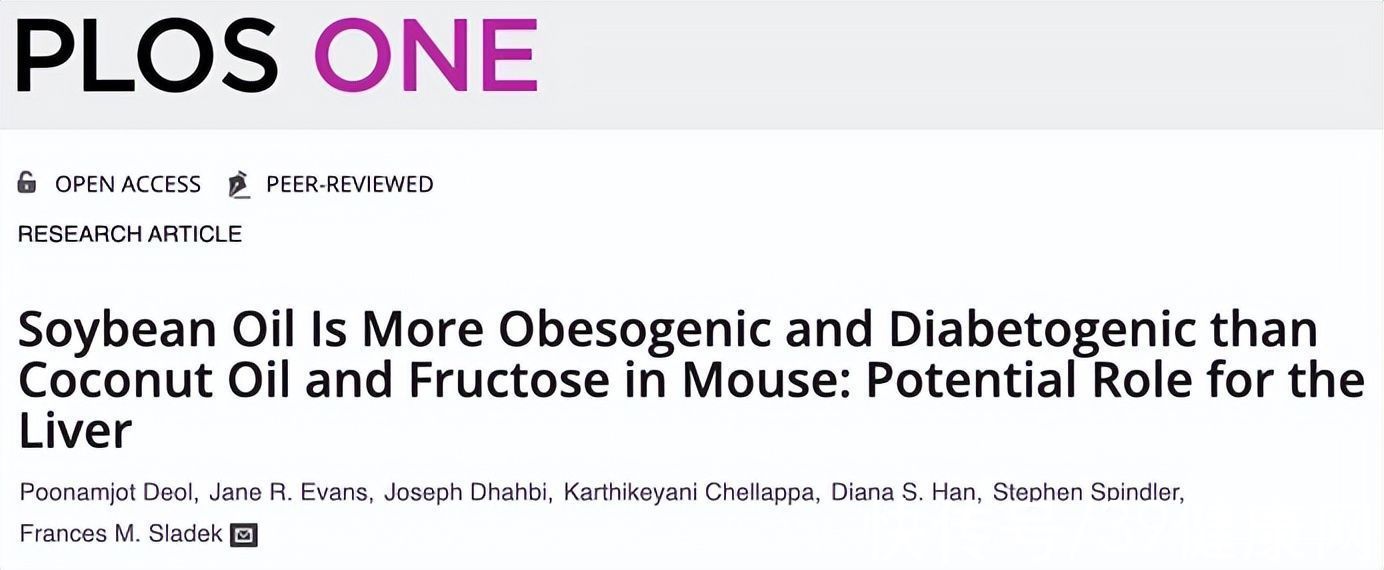
As soon as the study came out, Dr. Joseph, the “famous doctor” in the United States, began to call on the public to stop Edible soybean oil.
But is this conclusion really credible? Xiaojiu found that there are many strange things here.
First of all, the reason why this Dr. Joseph is famous, is not for medical achievements , but because he was anti-vaccine and advocated “natural cures.” He himself started a website selling health supplements, and was repeatedly warned and punished by the FDA for false advertising. During the Covid-19 pandemic, he also strongly opposed measures such as wearing masks, calling on people to use their own fake products. In August 2020, a number of agencies jointly called on the FDA and FTC to ban him from continuing false propaganda.
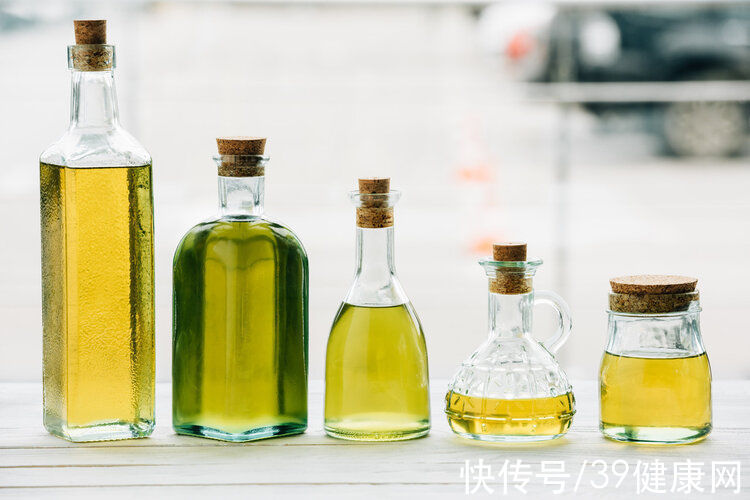
Secondly, this study has many A glaring vulnerability.
First, there is a huge difference between the four kinds of rat chow in the experiment and the normal rat chow. The rat food given to the mice in the experiment is very unhealthy, and are specially designed to artificially make the mice sick.
Second, during the experiment, the researchers’ records contradicted each other. In the paper, there was no significant difference in the amount of rat food among the four experimental groups, but the accompanying data sheet showed that:The amount of food in the soybean oil experimental group was doubled. This indirectly reflects the unreasonable experimental design, which has a greater impact on the results.
All in all,the claim that “soybean oil is the least healthy” is false, the experiment appears to be “smartly” designed , the conclusions cannot be applied to our diets.
Second, these two oils are really unhealthy.
At present, olive oil and canola oil are recognized as the healthiest oils. These two oils are rich in oleic acid and have high nutritional value. Among them, olive oil is rich in unsaturated fatty acids, and canola oil has the lowest saturated fatty acid content of all edible oils. As for other edible oils, as long as they are eaten reasonably, there is no harm.
However, there are 2 kinds of oil we should try to eat less, eat more, the risk will be higher.
1. Self-pressing oil
Self-pressing oil is only after The one-time physical pressing of crude oil has a low smoke point and is easy to inhale harmful fumes when cooking. In addition, self-pressed oil is not refined, cannot completely remove impurities and harmful substances.
Take peanut oil as an example. Peanuts from small workshops are usually stored in warehouses, which are prone to mold and produce aflatoxins , and can produce harmful substances such as 3,4-benzopyrene during high temperature refining. Both aflatoxin and benzopyrene are listed by WHO asGroup 1 carcinogens.
If it is regular production of peanut oil, there will be an “alkali refining” process to remove harmful substances, and it will also be added according to national standards Antioxidants for extended shelf life. Rational use of antioxidants will not cause harm to the human body, but self-pressed oil is usually not added, so it is prone to rancidity and deterioration.
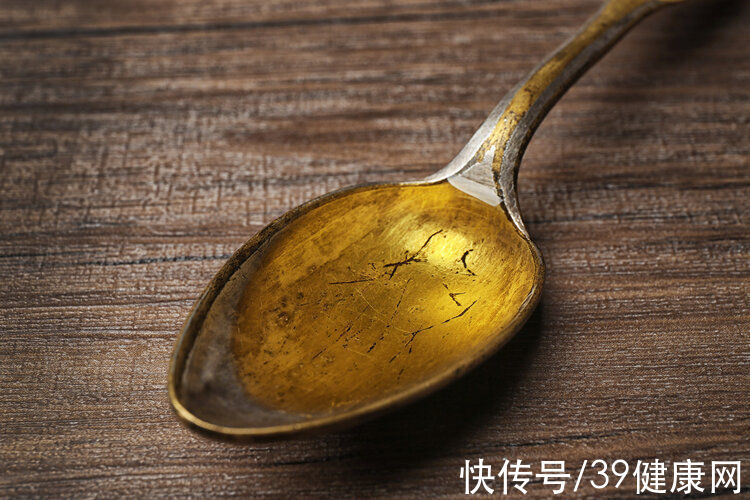
2, trans fatty acids< /strong>
Trans fatty acids, also known as trans fats, are found in a variety of foods such as margarine, margarine, vegetable shortening, fried foods, doughnuts, baking Foodstuffs and premixed products.
Currently, trans fatty acids are recognized as“No health benefits”. According to WHO statistics, about 540,000 deaths worldwide are related to trans fatty acids each year. Long-term intake of trans fatty acids is associated with a 34% increase in all-cause mortality, with a clear association with cardiovascular disease.
Therefore, we need to reduce the intake of trans fatty acids, eat less butter, margarine and vegetable shortening, less Eat snacks that contain trans fatty acids.
Third, don’t just stare at one kind of oil to eat
Edible oils can be roughly divided into 5 categories, namely high oleic acid type, high oleic acid type Oleic, balanced, high linolenic and saturated, each with their own advantages and disadvantages.
- High Oleic Acid: Olive Oil, Rapeseed Oil, Tea Seed Oil
High in monounsaturated fatty acids and rich in oleic acid, it is healthier.
- High Linoleic Acid: Corn Oil, Soybean Oil, Sunflower Oil, Wheat Germ Oil
The content of linoleic acid and polyunsaturated fatty acids was high, and the content of saturated fatty acids was low. However, after refining, a large amount of vitamin E and vitamin K may be lost, and the heat resistance is poor.
- Balanced: peanut oil, sesame oil, rice oil
The fatty acid content is relatively balanced, rich in unsaturated fatty acids, and has good heat resistance.
- High linolenic acid: walnut oil, linseed oil, perilla seed oil
- Saturated: Animal Oil, Coconut Oil, Palm Oil
- < span>For stew, corn oil, soybean oil and sunflower oil are recommended;
- for stir fry, choose peanut oil, rice bran oil, canola oil (such as canola oil), Almond oil and pumpkin seed oil;
- Cold salad, choose olive oil and rapeseed oil.
ul>
It is rich in linolenic acid and polyunsaturated fatty acids. The disadvantage is that it has poor stability and is easy to deteriorate in normal temperature environment.
< span>It has a special fragrance, but the saturated fatty acid content is too high. Too much intake is not good for health, and it will increase the risk of cardiovascular and cerebrovascular diseases.
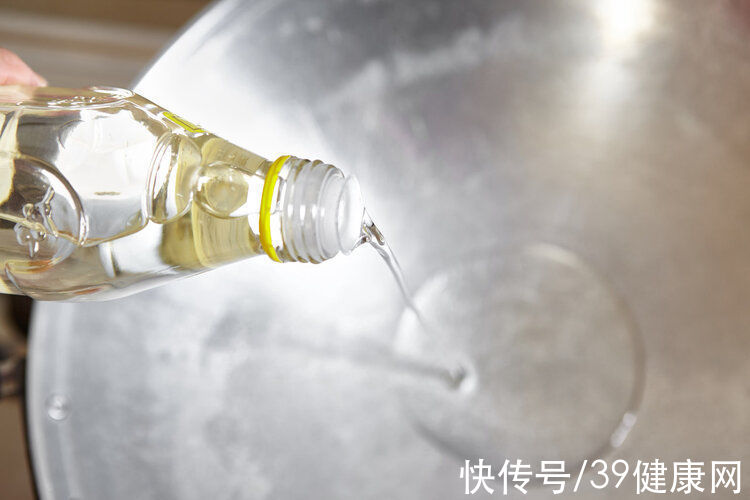
So how should edible oil be healthy? Xiaojiu summarizes some suggestions for you.
1. The intake is not much or not.
Dietary Guidelines for Chinese Residents It is recommended that the recommended daily intake of edible oil per person is 25~30 grams.
Excessive intake will cause adverse health effects, leading to obesity, hyperlipidemia, fatty liver, hypertension, diabetes and cardiovascular and cerebrovascular diseases. But you can’t stop eating it completely, because moderate intake of saturated fat and unsaturated fat can maintain the necessary physiological activities of the human body.
2. Flexible oil selection
Various types of edible oils have different nutrients, so it is not recommended Eat only one for a long time. It is recommended to choose the appropriate oil according to different cooking methods, for example:
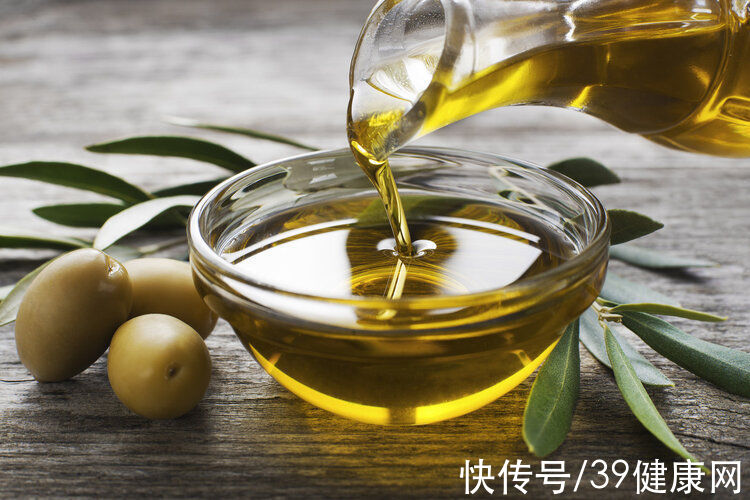
3. Choose a small bottle< /strong>
Edible oil should be stored insealed, protected from light, low temperature and water-repellent environment , it is recommended to choose small bottles when purchasing, This can be eaten in a short period of time, not easy to spoil, and better preserved. If you buy a large barrel of oil, you can seal the remaining oil, store it in a cool dark place, and try to eat it within 3 months. If the edible oil has a jarring or pungent odor, it should not be consumed.
After reading the above knowledge of edible oil, I believe you also know how to use oil to be healthier, right? Don’t be fooled by rumors again, and quickly forward this article to the family group!
# Yaozero Zero Plan#
References:
[1]Soybean Oil Is More Obesogenic and Diabetogenic than Coconut Oil and Fructose in Mouse: Potential Role for the Liver
[2]Time bomb on the dining table? The truth about trans fatty acids, everyone should see. Medical profession, 2019-07-04
[3]How to choose the edible oil that is inseparable from every meal. 2020-12-30
Reprinting is prohibited without the author’s permission